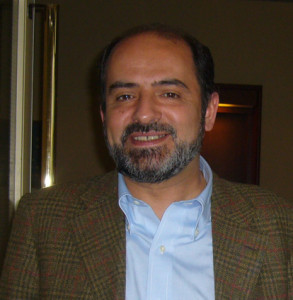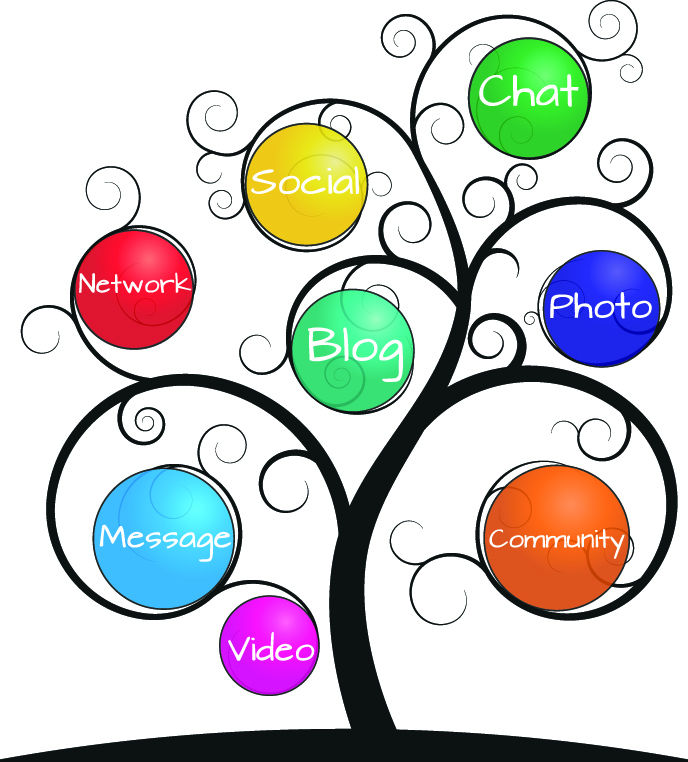 The Human Mind Project launches on 12 December 2013 with a FREE public evening panel session held at Senate House, London. The project seeks to co-ordinate an international effort to define the major intellectual challenges in understanding the nature and significance of the human mind. Central to its success is collaboration across conventional disciplinary boundaries.
The Human Mind Project launches on 12 December 2013 with a FREE public evening panel session held at Senate House, London. The project seeks to co-ordinate an international effort to define the major intellectual challenges in understanding the nature and significance of the human mind. Central to its success is collaboration across conventional disciplinary boundaries.
In the lead up to the launch event the School of Advanced Study have conducted a series of short interviews with the initial project team to learn more about what they hope to achieve. Our third interview is with Vittorio Gallese, professor of human physiology at the University of Parma, Italy.
First of all, could you tell us a bit about yourself and your area of research?
I am a cognitive neuroscientist. The main topic of my empirical and theoretical research during the last twenty years has dealt with the cognitive role of the sensorimotor system. I am exploring how the brain-body system creates and expresses meaning, and it is able to communicate it to others. In particular, I am trying to deconstruct with the tools of cognitive neuroscience some of the ‘words’ we normally employ to describe how we relate to the world and experience it. These words include action, goal, intention, empathy, self, emotion, intersubjectivity, aesthetic experience, etc.
The Human Mind Project is a collaborative venture between the humanities and the sciences. What do you think are the particular opportunities and challenges for this type of collaboration?
Great opportunities indeed. The second half of the 20th century witnessed the enormous progress of cognitive neuroscience, also fostered by the development of new technologies like brain imaging, enabling for the first time a thorough non-invasive study of the human brain. Since then cognitive neuroscience started addressing topics related to social cognition like intersubjectivity, the self, empathy, free will, decision-making, ethics and aesthetics, many of which were traditionally the object of investigation of different disciplines like psychology, philosophy, economy and politics. These recent developments are stirring an ever growing debate on the heuristic value of cognitive neuroscience when applied to these topics.
If one of the main tasks of cognitive neuroscience consists of shedding light on what it means to be human, cognitive neuroscience MUST open itself to a dialogue and confrontation with disciplines like philosophy, anthropology, and sociology. A mature social cognitive neuroscience can’t limit itself to scanning brains in a lab. It must be open to the contributions from all these disciplines. In this respect, I am rather optimistic. I see a future of ever-growing and stimulating dialogue between cognitive neuroscience and the humanities.
What do you hope the Human Mind Project will achieve?
I do hope that the Human Mind Project will foster such a fruitful dialogue and confrontation and eventually lead to a common language. What makes us human is a complex and multi-layered manifold. The contribution cognitive neuroscience may provide to scholars in the humanities is, to put it very simply, a different and complementary level of description of the very same manifold. By adding a different level of description we can learn new things.
On the other hand, the humanities can greatly broaden and enrich the scope of neuroscientific research, since the humanities primarily deal with the personal level of description of what it means to be human, a level of description as that used by literary scholars, philosophers, anthropologists, writers, artists, etc. Shortly, I do hope that the Human Mind Project will help to frame new questions and hopefully to provide new answers.
Is there anything else you would to share?
I’d like to share a quote from Primo Levi’s book ‘The Drowned and the Saved‘: ‘What we commonly mean by “understand” coincides with “simplify”: without a profound simplification the world around us would be an infinite, undefined tangle that would defy our ability to orient ourselves and decide upon our actions. In short, we are compelled to reduce the knowable to a schema: with this purpose in view we have built for ourselves admirable tools in the course of evolution, tools which are the specific property of the human species – language and conceptual thought.’ (1986, p. 36).
The Human Mind Project is an international collaboration including the Institute of Philosophy (SAS). For full details check the Human Mind Project website. To book and find out more about the ‘What’s so special about the human mind?’ panel session taking place on Thursday 12 December 2013 check our previous blog post Project Launch – What’s so special about the Human Mind?
The panel session will take place in the Beveridge Hall, Senate House, University of London on Thursday 12 December 2013, 5pm-8pm, followed by a reception in the Macmillan Hall.
The event is FREE to all but please reserve your seat on our booking page to avoid disappointment.
SAS hosts more than 1,800 events each year – the majority of which are free and open to all. Search our events calendar or sign up to our mailing list for the latest information.

Trackbacks/Pingbacks